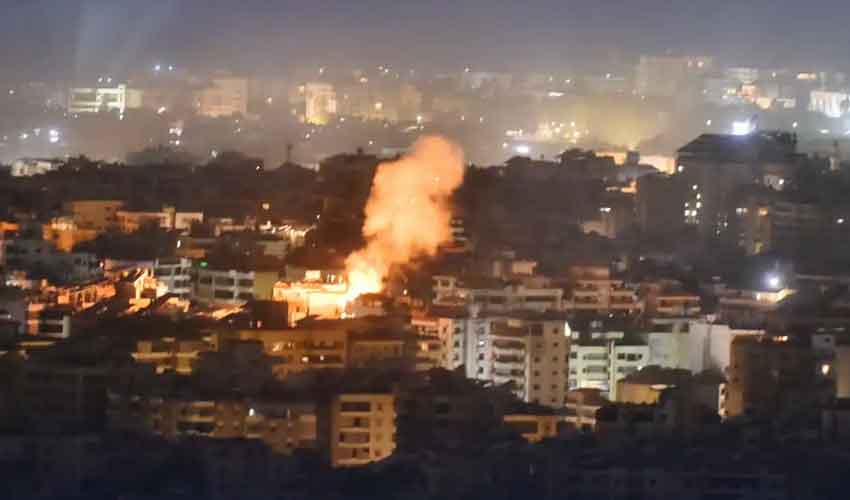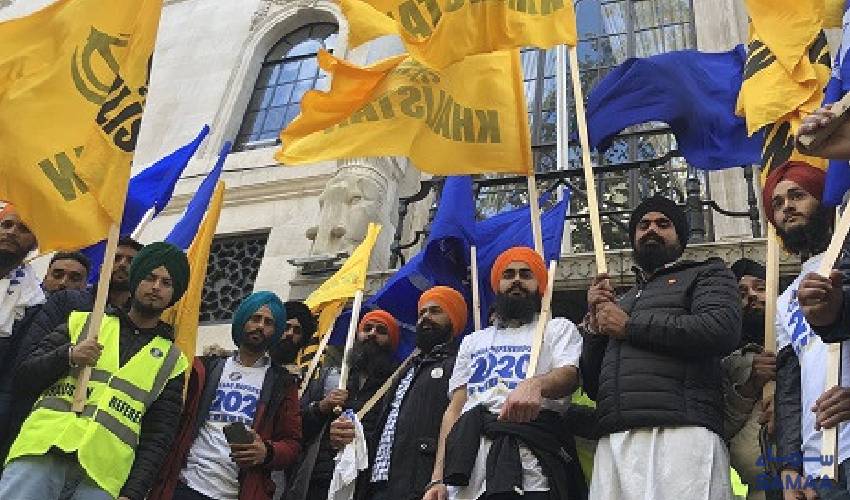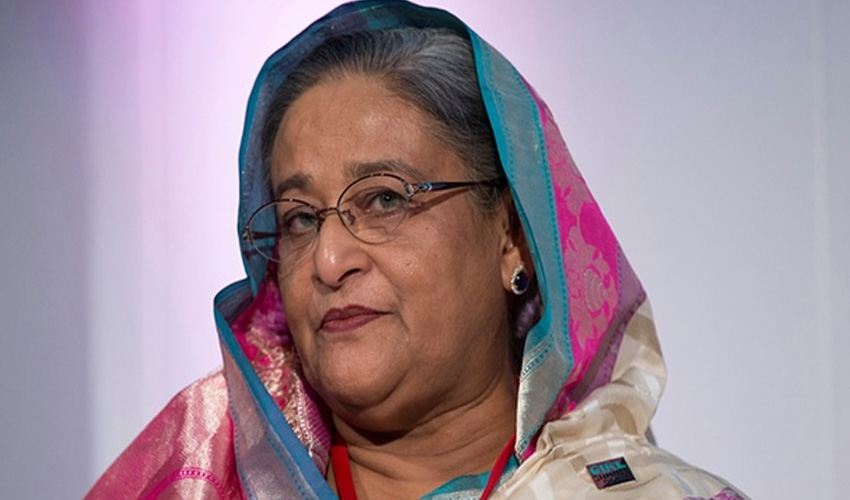Israel struck what it said were Hezbollah arms facilities in southern Beirut on Saturday after the Lebanese armed group fired rockets into northern Israel and a drone was reportedly launched at Prime Minister Benjamin Netanyahu's holiday home.
Netanyahu was not there at the time, and it was not immediately clear if the building was hit. But he described it as an assassination attempt by Hezbollah and called it a "grave mistake" as Israel prepares to retaliate for an Iranian missile barrage earlier this month.
There was no immediate comment from Hezbollah on any drone attack targeting Netanyahu's holiday home.
The strikes came as medics and Hamas media in Gaza, where Israel has been fighting to root out the Palestinian militant group for more than a year, said Israeli bombardments had killed at least 73 people across the coastal enclave and a siege around three hospitals had tightened.
In Beirut's southern suburbs, Israel carried out heavy strikes on several locations, leaving thick plumes of smoke hanging over the city into the evening.
The strikes targeted "a number of Hezbollah weapons storage facilities and a Hezbollah intelligence headquarters command center," Israel's military said.
Hezbollah has been trading fire with Israel since the war between Israel and Hamas began in Gaza last October. On Saturday alone, Hezbollah launched around 200 "projectiles," the Israeli military said.
Israel's military said on Saturday that it had destroyed tunnel shafts and underground infrastructure in southern Lebanon.
The death toll from Israeli air strikes on Lebanon since the beginning of the Israel-Hezbollah conflict has reached 2,448, with injuries up to 11,471, according to a report on Saturday.
The Israeli offensive in Gaza has made most of its 2.3 million people homeless, caused widespread hunger and destroyed hospitals and schools.
Philippe Lazzarini, commissioner-general of the UN Relief and Works Agency for Palestine Refugees in the Near East, said on social media platform X that another 20,000 people were forced to flee the Jabalia refugee camp in northern Gaza on Friday as the conflict across the Strip continues unabated.
According to the latest UN data, at least 75,000 people were displaced between October 5 and 15 in Gaza, mostly within the north.
However, promises by Israel and its enemies Hamas and Hezbollah to keep fighting have chilled hopes that the death of Hamas leader Yahya Sinwar on Wednesday might lead to truces in Gaza and Lebanon and prevent further escalation in the Middle East.
The United States would like to see Israel scale back some of its strikes in and around Beirut, U.S. Defense Secretary Lloyd Austin said.
Turkish President Recep Tayyip Erdogan met with German Chancellor Olaf Scholz on Saturday to address various issues, including the escalating conflict in the Middle East. The two leaders agreed that de-escalation and a ceasefire are crucial to prevent the conflict from spreading further.
Also on Saturday, defense ministers of the Group of Seven countries expressed concerns over the escalating tensions in the Middle East.
In a joint statement issued at their first summit of this year in the southern Italian city of Naples, the ministers said they were worried about "escalation" in the Middle East after Israeli attacks on the United Nations Interim Force in Lebanon (UNIFIL).
"We express concern about all the threats to the security of UNIFIL," the statement said. "The protection of peacekeepers is incumbent upon all parties to a conflict."
They all back a "significant and sustained increase" in humanitarian aid to Gaza and a sustainable pathway to a two-state solution.



























